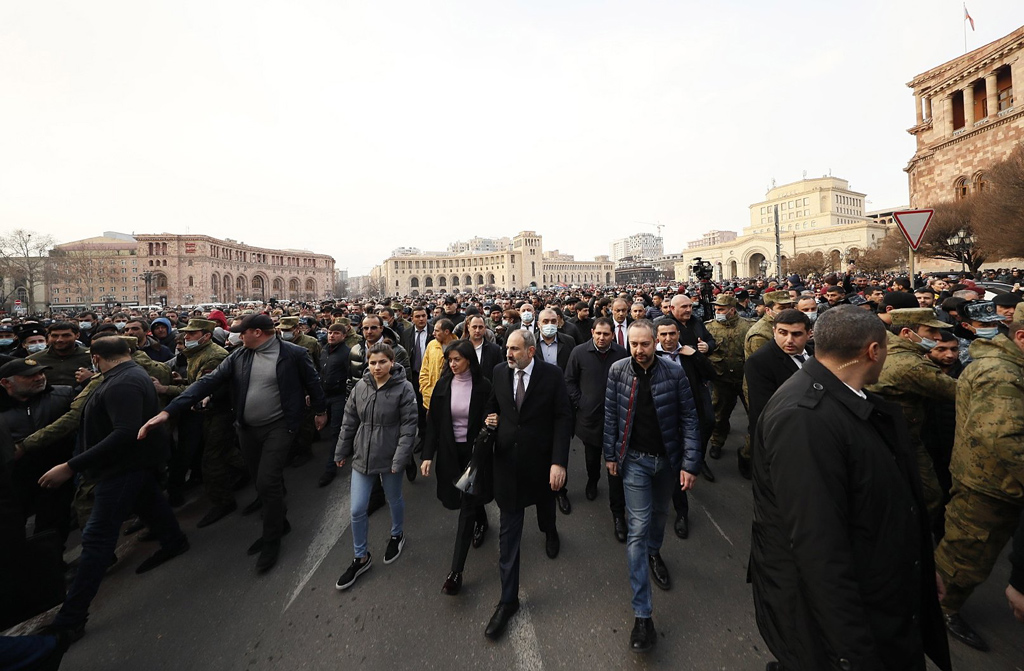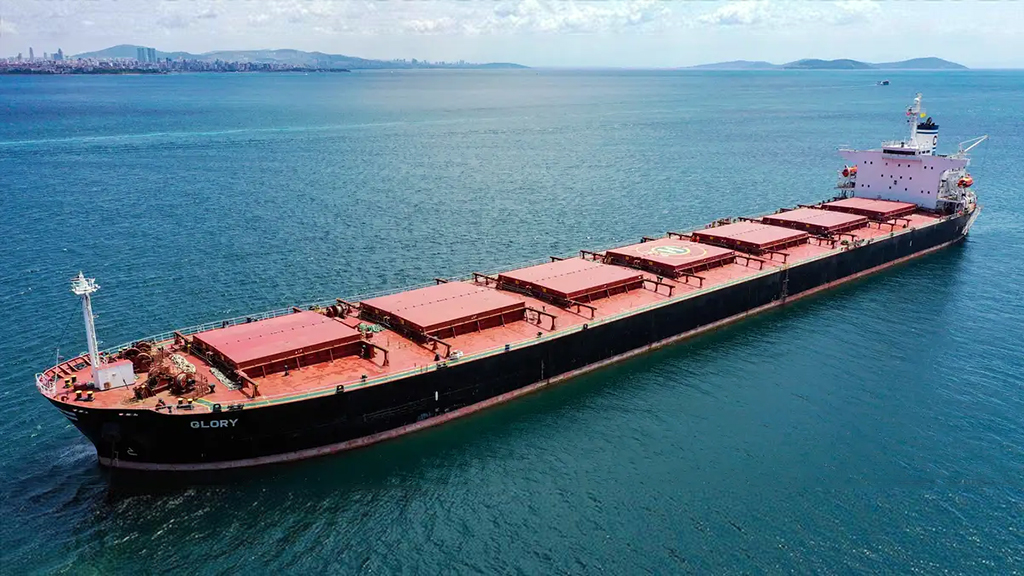Russian affairs
It is no secret that Armenia’s Russian-made defense equipment proved ineffective against the Turkish armed drones. For three decades, Azerbaijan made preparations to liberate Nagorno-Karabakh, whereas the Armenians planned its defense. Let’s not underestimate Yerevan’s preparations involving Russian weapons. The Armenians built an impressive line of defense, circling hilltops in mountainous terrain, with tanks and artillery. Indeed, the Armenian forces dealt heavy blows to Azerbaijan’s military in the early stages. Over the following days, however, armed drones devastated Yerevan’s line of defense and determined the outcome of the war. Armenia, whose hopes were tied to Russian weapons and political support, is unmistakably disappointed in Moscow’s wartime policy. Pashinian’s attempt to blame the defeat on Russia, however, disturbed the fragile balance. Pro-Russian soldiers and politicians thus joined forces to remove the Armenian prime minister from power. Pashinian, who came to power on the back of popular protests in 2018, is unlikely to keep his seat after his humiliation in Nagorno-Karabakh. He has to choose between resignation, early elections or the threat of a coup, in which the military and the opposition will be complicit – as was the case in Egypt. Several questions now need answering: Is the Kremlin merely threatening the Armenian prime minister or intent on ending his rule? Or do the Russians want to finish what they started before Joe Biden, the White House’s new resident, takes action? Will the Joe Biden administration rush to Pashinian’s aid, per its commitment to “defend” democracies? We will soon find out.Turkey against coups
Whereas Moscow expressed concern and called for a peaceful resolution, Ankara condemned the coup attempt unequivocally. Foreign Minister Mevlüt Çavuşoğlu said that Ankara was “opposed to coups and coup attempts wherever in the world they may take place.” The Turkish government’s opposition to the coup attempt is, first and foremost, a matter of principle. That policy is directly related to the fact that Turkey experienced a coup attempt just five years ago. Moreover, Turks do not want Armenia to suffer from political turmoil or to set the stage for a civil war. Turkey’s preference is to promote peace, cooperation and economic integration in the South Caucasus. Hence the proposed establishment of a six-party mechanism. Stability in the Caucasus, the Caspian and Central Asia would facilitate the transportation of energy and trade – which serve Turkey’s interests. The creation of a land corridor between Turkey and the Turkic republics via Nakhchivan, too, is good news for Ankara. Peace between Azerbaijan and Armenia, normalization between Turkey and Armenia, and Armenia’s reintegration to address its economic problems are key to stability in the Caucasus. The rise to power of coup plotters, who will launch a new war against Azerbaijan, or Armenia’s deterioration into a failed state due to Russian-American competition, would create many problems, including irregular migration. It would seem that the coup attempt in Armenia will test the Biden administration’s commitment to containing Russia and defending democracies.
[Daily Sabah, February 27, 2021]







